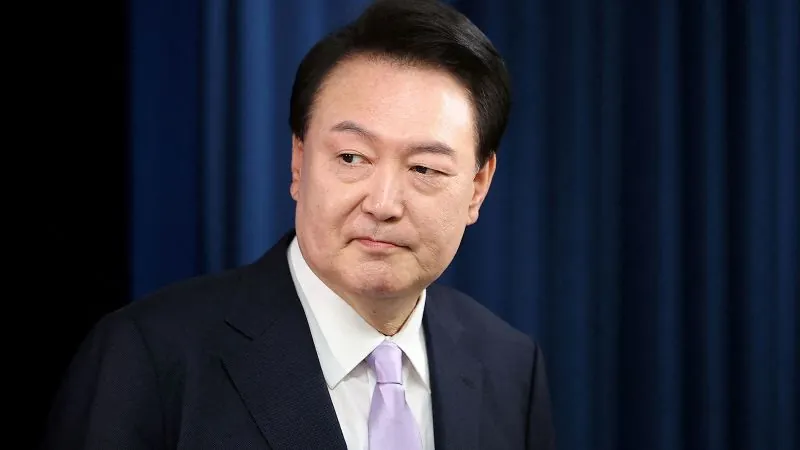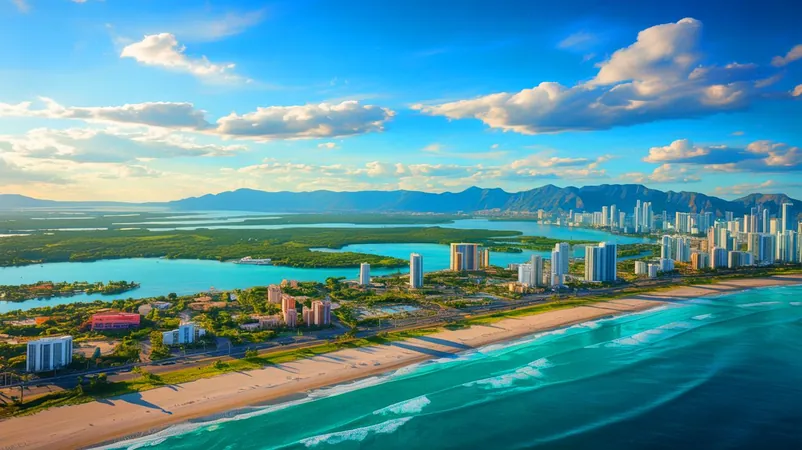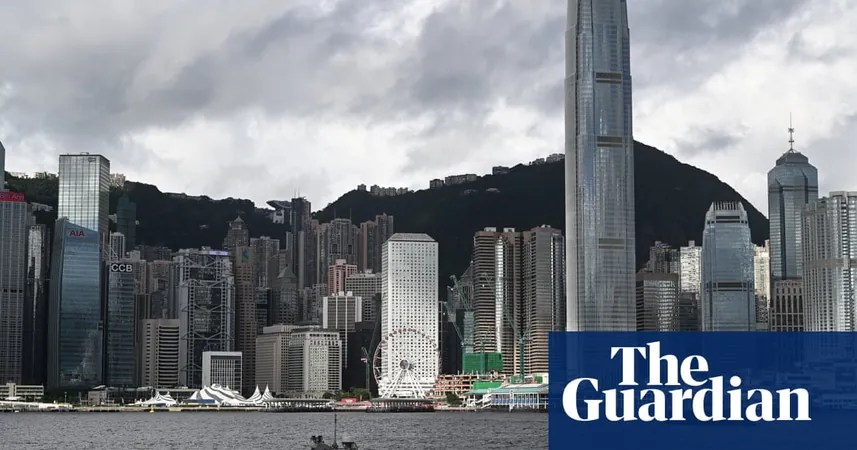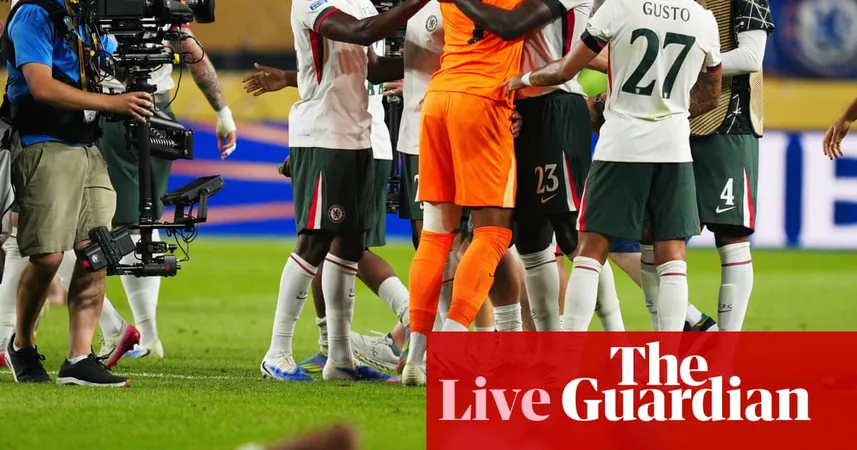
South Korean Political Turmoil: President Yoon's Detention Extended Amidst Protests
2025-01-18
Author: Jessica Wong
In a shocking turn of events, a South Korean court has extended President Yoon Suk Yeol’s detention for an additional 20 days, raising concerns among his supporters and provoking public outcry. This unprecedented decision follows serious allegations of insurrection relating to Yoon's controversial declaration of martial law in early December.
Yoon made history when he became the first sitting South Korean president to be arrested, facing accusations that have ignited a political firestorm across the nation. Investigators from the Corruption Investigation Office for High-ranking Officials (CIO) sought to prolong his detention after Yoon declined to answer their questions, refusing to cooperate with the ongoing investigation.
The Seoul Western District Court responded to the request, citing “concerns that the suspect may destroy evidence” as the primary reason for their approval. This move allows authorities to hold Yoon at the Seoul Detention Centre during this tumultuous time, where he is subjected to the standard procedures for detained suspects, including physical examinations and mugshots.
Following the court’s decision, chaos erupted outside the building, with loyal supporters of the president clashing with police. Reports indicate that some protesters attempted to storm the court around 3 a.m. local time, resulting in property damage and confrontations with law enforcement. The scene was intense as police mobilized to restore order and manage the increasingly disruptive protests.
As Yoon maintains his silence and continues to defy repeated questioning efforts, analysts speculate on the potential ramifications if he persists in his defiance. The allegations of insurrection carry significant weight in South Korea, a crime from which presidents are typically not protected. This underscores the gravity of Yoon's legal troubles.
The nation is currently enduring its gravest political crisis in decades, predominantly fueled by Yoon's short-lived attempt to impose martial law on December 3, which was ultimately rejected by parliament. Subsequent to his controversial actions, lawmakers moved to impeach him on December 14, temporarily stripping him of presidential powers.
This article serves as a crucial reminder of the fragile state of South Korean politics, where the lines between governance and legal accountability are increasingly blurred. Will President Yoon’s defiance lead to his downfall, or can he rally enough support to withstand this turbulent moment in his presidency? Only time will tell as South Korea watches closely, waiting for the next significant development in this unfolding drama.




 Brasil (PT)
Brasil (PT)
 Canada (EN)
Canada (EN)
 Chile (ES)
Chile (ES)
 Česko (CS)
Česko (CS)
 대한민국 (KO)
대한민국 (KO)
 España (ES)
España (ES)
 France (FR)
France (FR)
 Hong Kong (EN)
Hong Kong (EN)
 Italia (IT)
Italia (IT)
 日本 (JA)
日本 (JA)
 Magyarország (HU)
Magyarország (HU)
 Norge (NO)
Norge (NO)
 Polska (PL)
Polska (PL)
 Schweiz (DE)
Schweiz (DE)
 Singapore (EN)
Singapore (EN)
 Sverige (SV)
Sverige (SV)
 Suomi (FI)
Suomi (FI)
 Türkiye (TR)
Türkiye (TR)
 الإمارات العربية المتحدة (AR)
الإمارات العربية المتحدة (AR)